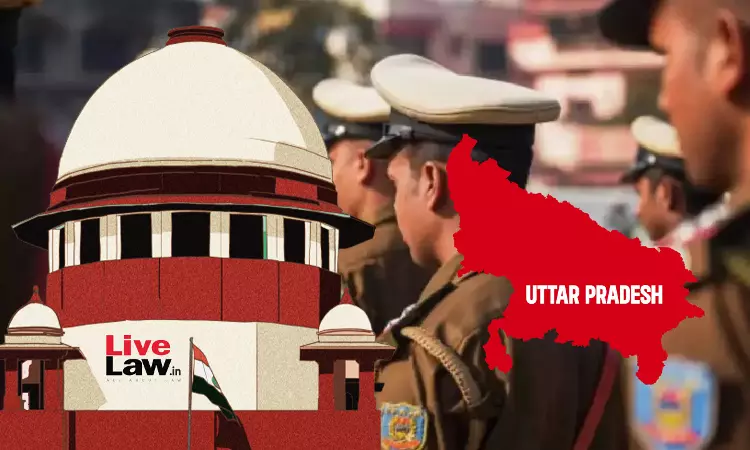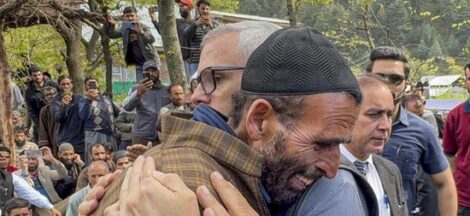The Supreme Court has issued a stern warning to the Uttar Pradesh Police, condemning the practice of converting civil disputes into criminal cases. The bench, comprising Chief Justice of India and other justices, described this trend as a “complete breakdown of the rule of law” and emphasized that such actions are “absurd.”
During the proceedings, the Court scrutinized a case where an individual was accused of cheating for failing to return a sum of money. The CJI pointed out that merely not returning money does not constitute a criminal offense and criticized the investigating officer for filing a chargesheet without proper justification. The Court expressed its intent to hold the officer accountable, stating, “Let the IO stand in the witness box and make out the case of crime… we will direct it, let him learn his lesson; this is not the way you file chargesheets.”
This rebuke follows a pattern of judicial concern over the Uttar Pradesh Police’s handling of civil matters. In November 2024, the Supreme Court had previously cautioned the state’s Director General of Police against the routine practice of registering criminal cases in purely civil disputes. The bench, comprising Justices Surya Kant and Ujjal Bhuyan, warned that if this practice did not cease immediately, the Court would pass “drastic orders” that the DGP would “remember for his whole life.”
In a related development, the Supreme Court stayed directives issued by the Allahabad High Court, which had mandated that police seek legal opinion from government counsel before registering First Information Reports in cases of cheating, fraud, or criminal breach of trust that appeared to be civil disputes. The High Court had expressed concern over the increasing tendency to give civil disputes a criminal color and had issued several directions to address this issue. However, the Supreme Court’s stay on these directives underscores the complexity and sensitivity surrounding the intersection of civil and criminal law.
Legal experts have consistently highlighted the importance of distinguishing between civil and criminal matters. The Supreme Court has reiterated that non-payment of money or breach of contract are civil wrongs and should not be treated as criminal offenses. In a judgment, the Court emphasized that the police do not have the authority to recover money or act as a civil court for money recovery, stating, “The police is to investigate the allegations which disclose a criminal act. Police does not have the power and authority to recover money or act as a civil court for recovery of money.”




 Escalation in US-China Trade Conflict as Beijing Vows Retaliation
Escalation in US-China Trade Conflict as Beijing Vows Retaliation 